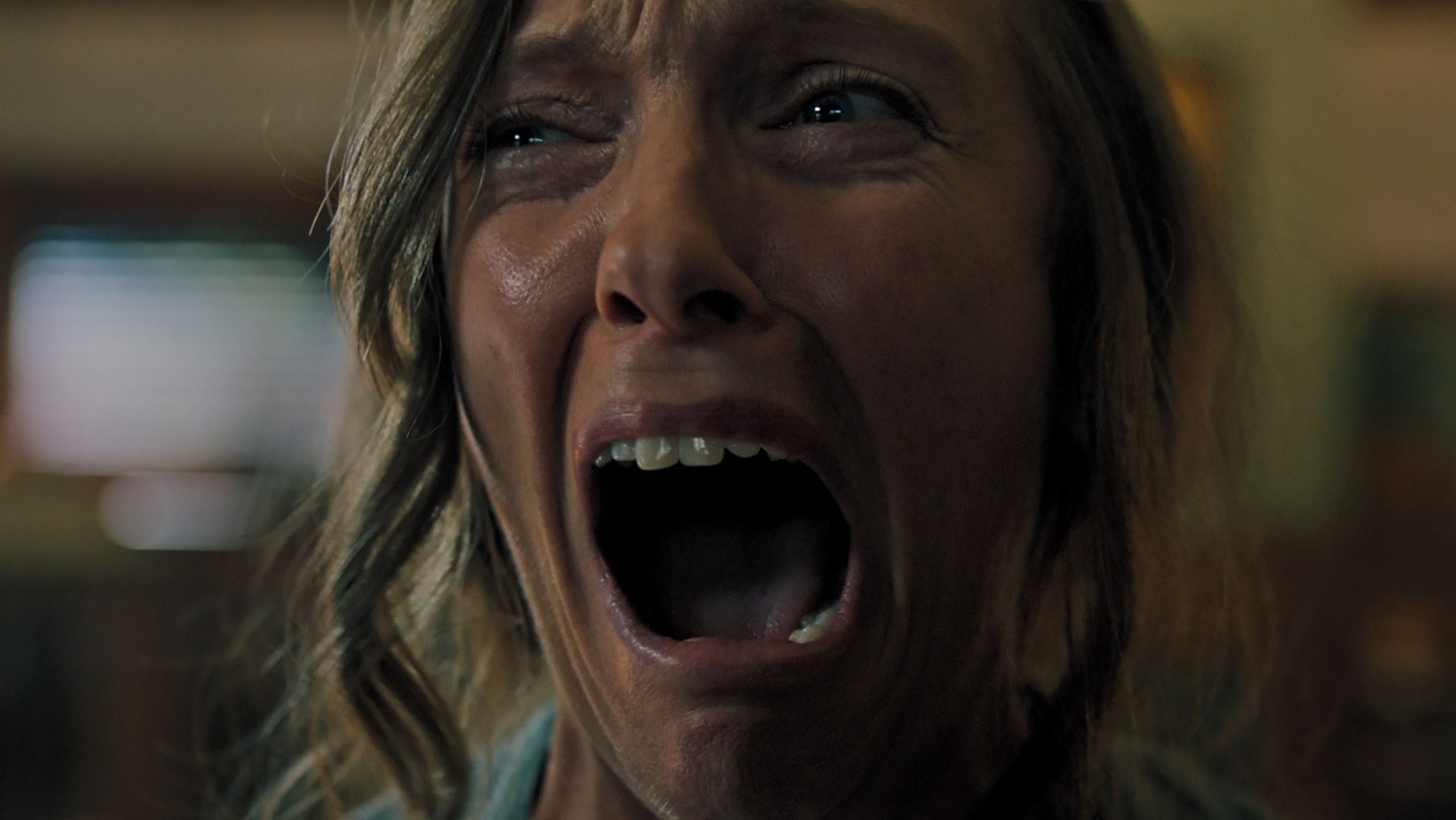“Hereditary” is not “elevated horror.” It’s just a good horror movie
One of the worst words to use in Hollywood is “horror.”


One of the worst words to use in Hollywood is “horror.”
Horror, to some, still connotes a cheapness, a lowbrow simplicity far beneath the prestige of Serious Films. Even as the genre thrives commercially and critically, some executives and filmmakers dare not say the word without qualifying it in some way, lest audiences get the wrong idea.
So industry people have invented a new term—”elevated horror.” The phrase implies, of course, that most other horror is un-elevated. It’s a glorified marketing buzzword that says, “This is a scary movie, but a good scary movie, for smart people. You know, not like all those dumb ones.”
This unfairly denigrates the entire genre. While there are plenty of unintelligent, exploitative horror movies, there are not noticeably more than any other film genre. No one calls Coco ”elevated animation” despite the genre putting out some truly awful content. No one argues Call Me By Your Name or The Shape of Water is “elevated romance”—despite the existence of the Fifty Shades movies.
Hereditary, a new horror film from the indie distributor A24, has been a new catalyst for this debate. Challenging, uncomfortable, thematically dense, and artfully crafted, the debut film from director Ari Aster exemplifies the concept of “elevated horror.” And, in fact, Aster has used the term himself. He admitted that he never called it a horror film when pitching it, but rather a “family tragedy” that would hopefully fall into the elevated horror subgenre.
Aster’s film is very much a family tragedy, but it’s also a horror film. More specifically, it’s a horror film about a family tragedy. Most family tragedies, in real life and on screen, are personal horrors for those that experience them. The debate over what to call Hereditary mirrors that of A Quiet Place, another horror film that earned the “elevated” stamp and was also often called some convoluted version of a “horrifying family drama” earlier this year in lieu of the dirty H-word.
But “elevated horror” doesn’t actually exist, unless you’re referring to the 2010 horror film Devil about a group of people trapped on an elevator with Satan. Every other movie that’s been categorized as such—Hereditary, A Quiet Place, The Witch, It Follows, etc.—is just a horror movie that also happens to be thoughtful and well-crafted.
As more films like Hereditary come out (and the more they succeed—Hereditary boasts a 93% critics’ score on Rotten Tomatoes and earned the biggest ever opening weekend for A24), audiences will realize that good or smart horror movies aren’t actually outliers, and the phrase will hopefully fade from our lexicon. Horror is in the midst of a renaissance, one that’s slowly but surely earning the genre more mainstream credibility after it was wrecked by the 1980s slasher era and the rise of what’s derisively called “torture porn” in the early 2000s. Get Out won an Oscar for best original screenplay this year—the first horror film ever to do so. And already critics and industry observers are speculating that Toni Collette is one to watch next awards season based on her devastating performance in Hereditary.